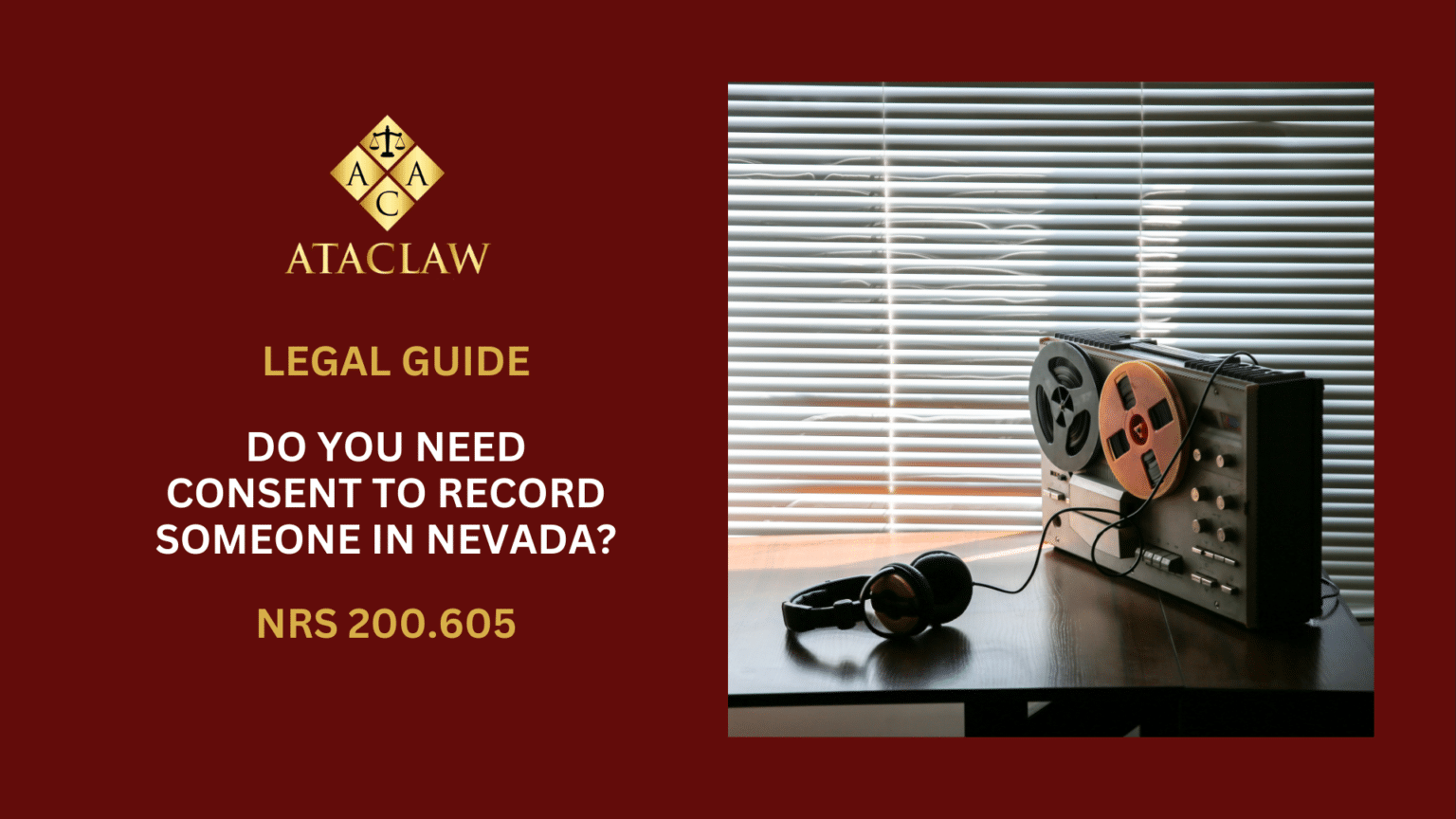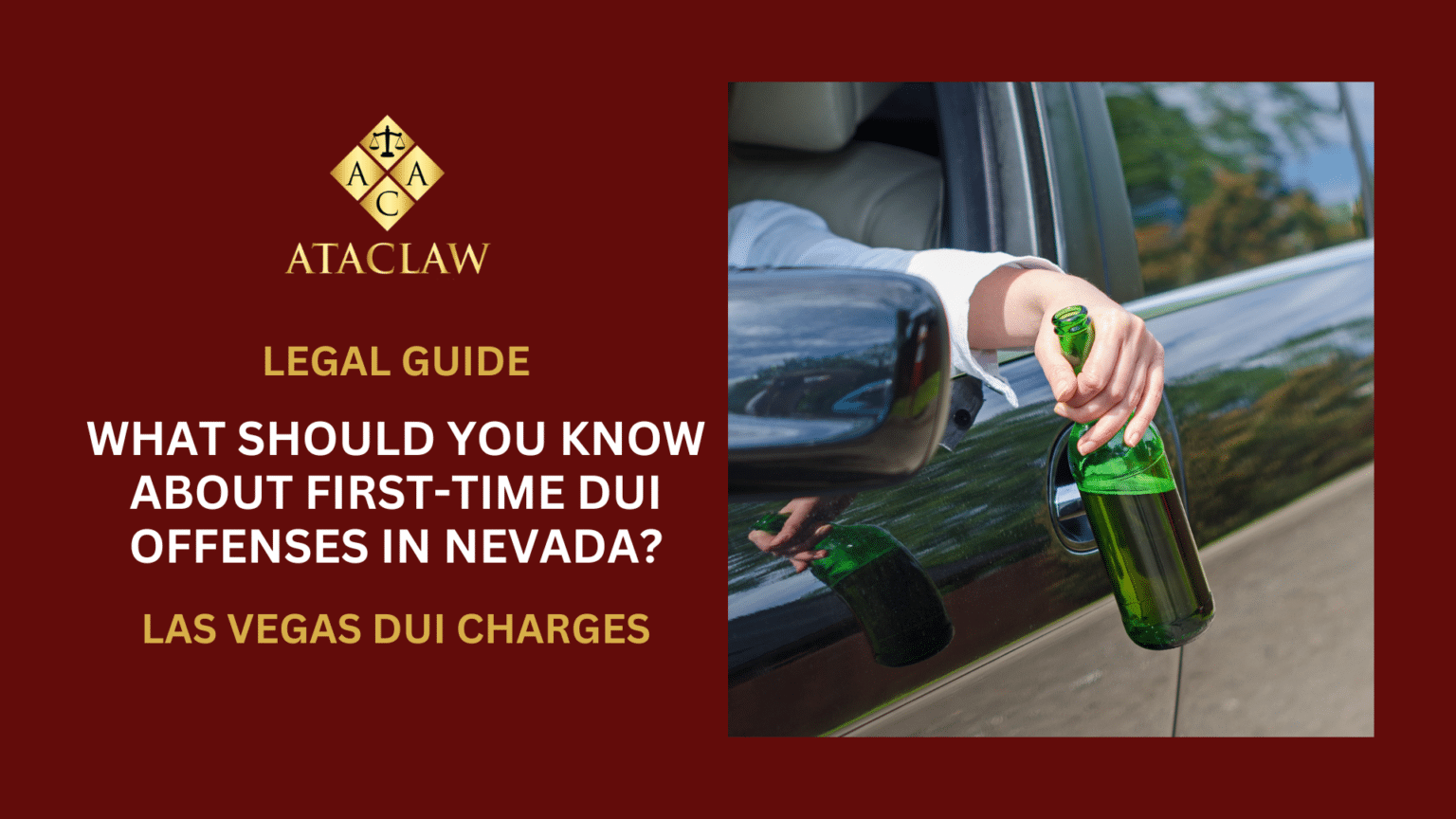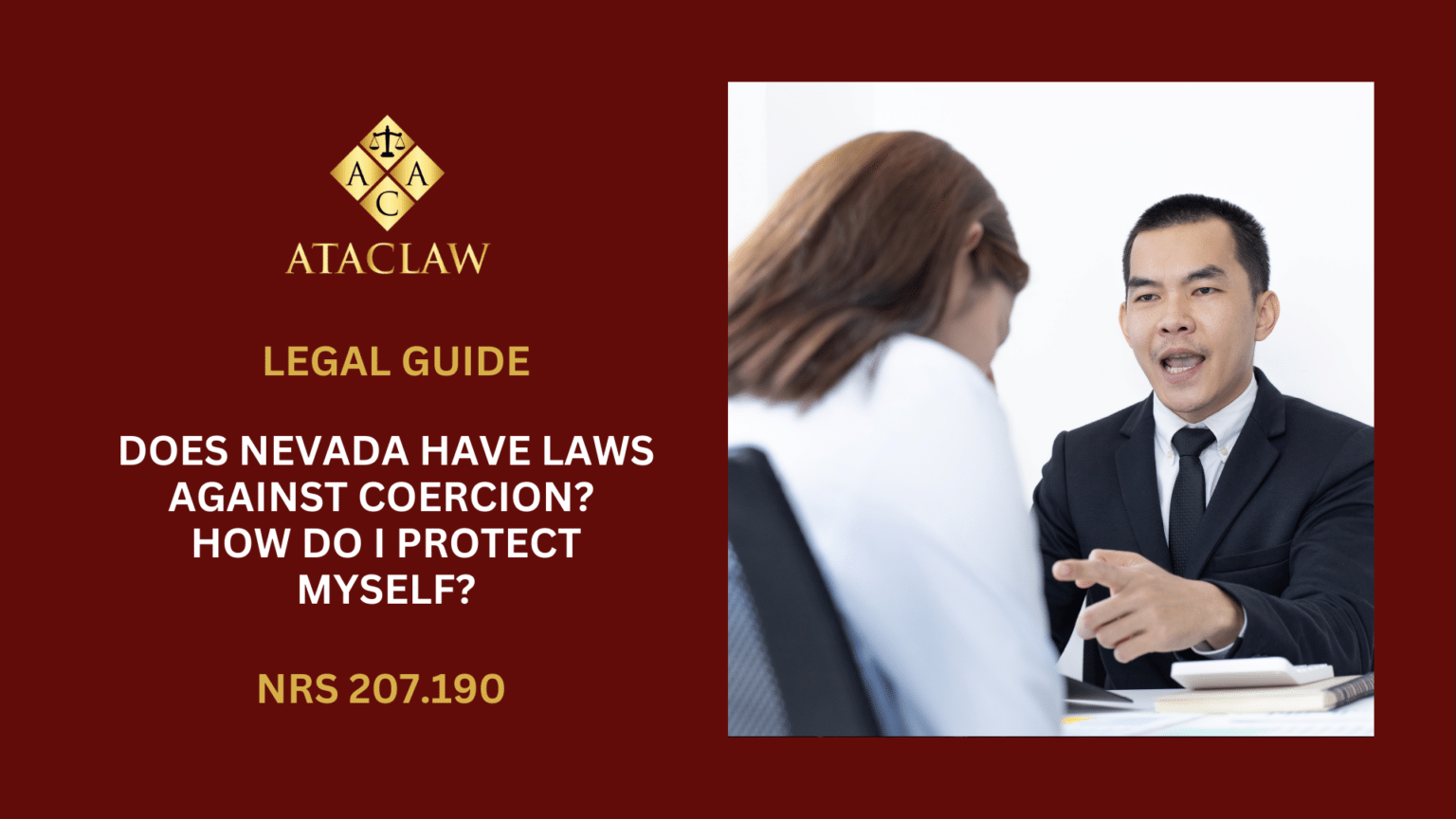Recording conversations can be as easy as tapping a button on your smartphone; however, the legal implications of doing so are anything but simple, especially when it comes to understanding consent laws in Nevada. At ATAC LAW, we frequently encounter questions from individuals who are uncertain about their rights and limitations regarding recording private conversations. “Can I record someone without their knowledge in Nevada?” is a question that often arises in various contexts, from personal disputes to professional settings. With the intricate balance between privacy rights and freedom of information at stake, it’s crucial to have a clear understanding of Nevada’s legislation on this matter. In this blog, we’ll unpack the legal framework governing the recording of conversations in Nevada, shedding light on what is permissible and what could potentially land you in hot water.
Is It Legal to Secretly Record Conversations in Nevada?
In Nevada, recording any private oral communication covertly is against the law unless at least one participant in the conversation consents to the recording. This means that for in-person discussions, you are legally permitted to record as long as you are part of the conversation or if one of the participants agrees to the recording.
However, the scenario changes when it comes to phone conversations. Nevada law requires that all parties involved in a telephone communication must agree to be recorded. If this consent is not obtained from every party, the act of recording can lead to serious legal penalties, specifically being categorized as a Category D felony under NRS 200.650.
It’s important also to note that the legality of recording depends heavily on the expectation of privacy. In situations where individuals do not reasonably expect privacy—such as in public spaces—it is generally lawful to record conversations, regardless of consent.
Can You Legally Record In-Person Conversations in Nevada Without Consent?
According to NRS 200.650, engaging in the recording of a private, in-person conversation without obtaining the consent of at least one involved party is considered a Category D felony. This legislation articulates that engaging in secret listening, monitoring, or recording of private discussions by other individuals without authorization from one of the participants contravenes privacy laws.
However, the law also stipulates two key conditions under which electronically recording oral, in-person communications is permissible:
- If at least one participant of the conversation gives their consent to the recording.
- The conversation occurs in a setting where it cannot be considered private.
This clarifies that any participant within a private dialogue has the legal right to record the said conversation, as their consent counts towards the lawful recording of the exchange. Nevertheless, a third party (eavesdropper) is prohibited from recording the conversation unless they receive consent from one of the actual participants.
Furthermore, conversations taking place in public areas or in contexts where privacy cannot reasonably be expected are not protected under this law. In essence, recording conversations in public settings like buses, restaurants, or stadiums, where individuals do not anticipate privacy, is unlikely to constitute an invasion of privacy.
What Are the Legal Consequences of Unlawfully Recording a Conversation in Nevada?
In Nevada, the unauthorized recording of conversations, whether conducted over wiretapping or in-person, is treated as a serious criminal offense. Not adhering to the legal requirements can result in severe penalties, including being charged with a Category D felony.
Criminal Penalties:
The legal ramifications for illegally recording a conversation in Nevada include:
- A potential imprisonment term ranging from one to four years in Nevada State Prison.
- A monetary fine that can reach up to $5,000.
- These penalties reflect the state’s stringent stance on protecting the privacy of its residents.
Civil Liabilities:
Beyond the criminal penalties, individuals who have been recorded unlawfully have the right to pursue civil action against the perpetrator. The compensations they may seek include:
- Actual damages or, alternatively, liquidated damages calculated at $100 per day for each day the violation occurred, with a minimum total of not less than $1,000.
- Punitive damages, which are designed to punish the offender and deter similar conduct in the future.
- Reimbursement of the victim’s costs incurred from the lawsuit, which includes reasonable attorney’s fees.
What Are the Federal Penalties for Illegal Wiretapping in Nevada?
Under federal law, a participant in a phone call can record it without consent from others involved. Non-participants, however, must obtain either a search warrant or consent from all parties to legally record. Violating federal wiretapping laws can lead to severe penalties:
- Prison: Up to five years.
- Fines: Up to $250,000.
- Civil Actions: Victims can sue for punitive damages and attorney’s fees.
What Are the Potential Defenses in Nevada Against Charges of Illegal Recording?
Facing accusations of unauthorized recording can result in serious legal consequences. However, there are several defenses that can be raised to counter these charges:
1. Consent from One Party: Recording is lawful if at least one person involved in the conversation has given their consent. If the defendant can demonstrate that consent was given by any party, charges under NRS 200.650 may be dismissed.
2. Public Conversation: The law NRS 200.650 specifically targets private conversations. If the interaction occurred in a public setting where there was no reasonable expectation of privacy, such as on public transit or in a crowded restaurant, the charges could be invalidated.
3. Unintentional Recording: For a recording to be illegal, it must be done willfully. If a person inadvertently leaves a recording device on, this might not constitute a willful act of eavesdropping. Proof that the act was not intentional could lead to the dismissal of the case.
4. Wrongful Accusation: False accusations may occur due to various reasons, including anger or the desire for retribution. It’s the duty of the prosecution to establish guilt beyond a reasonable doubt. If the defense attorney can demonstrate that the prosecution’s evidence is inadequate, the defendant should not face criminal charges.
Can You Legally Sue If Someone Records You Without Your Consent?
If you find yourself being recorded without consent, you might have the legal right to sue the individual responsible for an invasion of privacy. The ability to sue depends on the specifics of the incident and the applicable state laws.
Unauthorized recordings can lead to a privacy violation claim, allowing you to potentially seek damages. The key factors influencing such a lawsuit include:
- State Law Variations: Laws differ from state to state; some require consent from all parties involved in a conversation (“all-party consent”), while others necessitate consent from just one party (“one-party consent”). Understanding your state’s regulations is crucial in determining the feasibility of your case.
- Context of the Recording: The environment in which you were recorded plays a significant role. If the recording happened in a place where you had a reasonable expectation of privacy, such as a private residence, your case might be stronger.
- Legal Grounds and Remedies: You may be able to file for damages based on an invasion of privacy claim. The legal process could also potentially compel the perpetrator to destroy the unauthorized recordings.
Before taking legal action, consult with an attorney who is knowledgeable in state privacy laws. They can provide guidance and help you navigate your rights and options to ensure your privacy is respected and restored.
For further legal assistance and to discuss your case with an expert, don’t hesitate to contact ATAC LAW.




